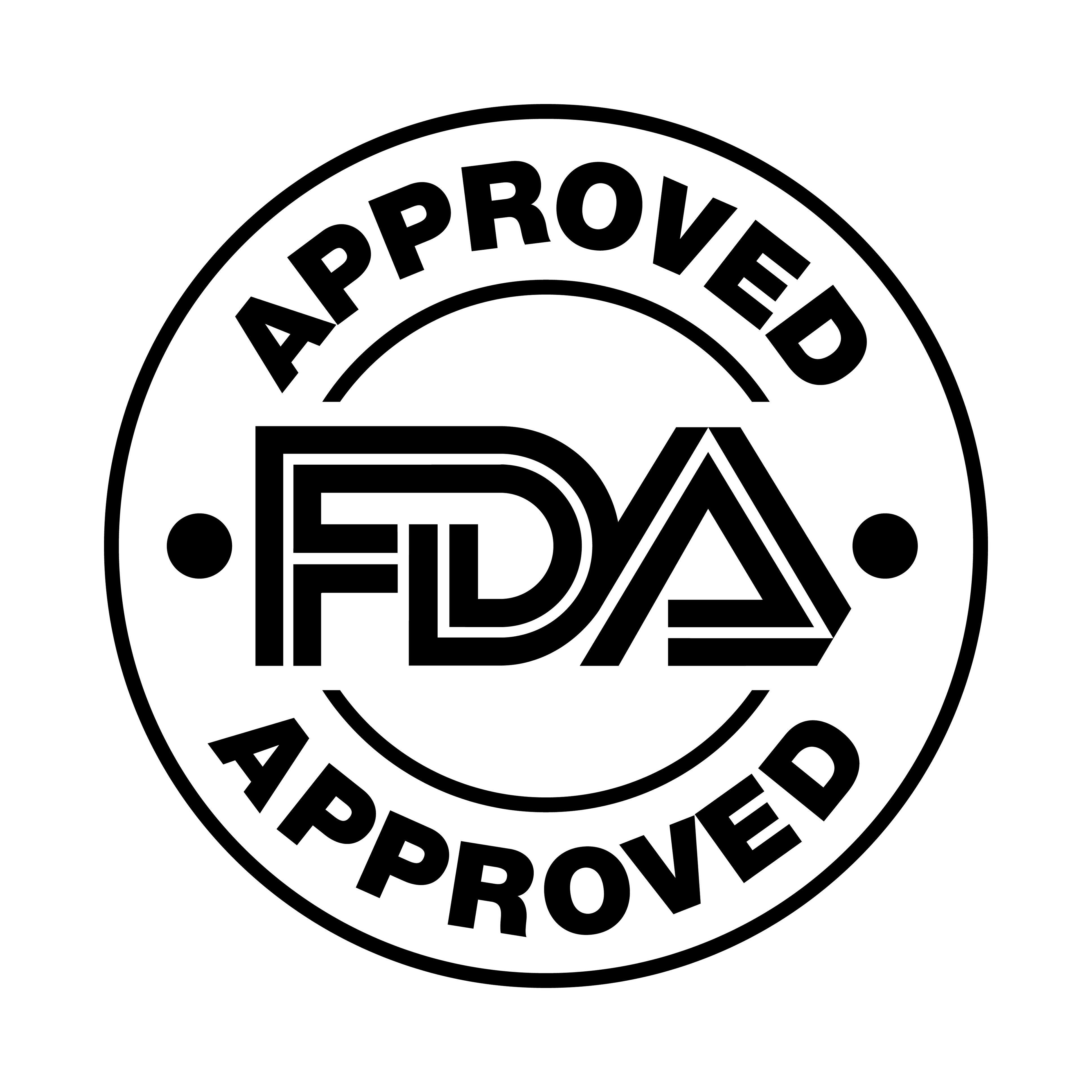FDA approves somatrogon-ghla to treat pediatric growth hormone deficiency
Indicated for growth hormone deficiency (GHD) patients aged 3 years and older, somatrogon-ghla is now FDA-approved to treat GHD following positive phase 3 data demonstrating non-inferiority, measured by annual height velocity at 12 months, compared to somatropin.
FDA approves somatrogon-ghla to treat pediatric growth hormone deficiency | Image Credit: © Calin - © Calin - stock.adobe.com.

The FDA has approved somatrogon-ghla (NGENLA; Pfizer Inc and OPKO Health Inc) to treat patients aged 3 years and up with growth failure resulting from insufficient secretion of endogenous growth hormone, according to a press release from Pfizer.
The human growth hormone analog is a once-weekly injection (just below the skin) to treat growth hormone deficiency (GHD) patients and is expected to be available in the United States starting in August 2023. Administration is delivered via a device that allows titration based on patient need, according to Pfizer.
Without treatment, children affected by GHD (1 in approximately 4000-10,000) can have persistent growth attenuation, a “very” short height as an adult, could have puberty delay, and physical health and mental well-being challenges. A lack of secretion of somatropin, a growth hormone, from the pituitary gland characterizes the rare disease.
“The approval of NGENLA will be significant for children with growth hormone deficiency in the US,” said Joel Steelman, MD, pediatric endocrinologist, Cook Children’s Health Care System. “It holds potential to reduce the treatment burden that can come with daily growth hormone injections. As a new, longer-acting option that has the ability to reduce treatment frequency from daily to weekly, NGENLA could become an important treatment option that can improve adherence for children being treated for growth hormone deficiency.”
The FDA’s approval of somatrogon-ghla is supported by an open-label, multi-center, randomized, and active-controlled phase 3 study (NCT02968004) that demonstrated safety and efficacy while meeting the primary endpoint. In the study, 224 pediatric patients were enrolled and treated. Treatment- naïve children with GHD were randomized (1:1) into 2 arms: once-weekly somatrogon-ghla (0.66 mg/kg/day) vs once-daily somatropin (GENOTROPIN; Pfizer) (0.034 mg/kg/day). The primary endpoint, somatrogon-ghla non-inferiority (measured by annual height velocity at 12 months) compared to somatropin, was met. Somatropin-hgla’s safety profile compared to somatropin and was generally tolerated well in the study.
The growth hormone should not be used in children:
- After growth plates have closed
- With “some” types of eye problems because of diabetes (diabetic retinopathy)
- Who have cancer or other tumors
- Who are critically ill because of some types of stomach surgery, heart surgery, respiratory problems, or trauma
- With Prader-Willi syndrome that are “very overweight” or have breathing problems including sleep apnea
- That have had an allergic reaction to somatrogon-ghla or any ingredients in the newly approved injection. In case of allergic reaction, patients should seek prompt medical attention
- Full prescribing information can be found by clicking here.
According to the press release, Pfizer and OPKO “entered into a worldwide agreement” to develop and commercialize somatrogon-ghla to treat GHD in 2014. Per the agreement, OPKO holds responsibility to conduct the clinical program while Pfizer is responsible for commercializing and registering somatrogon-ghla for GHD.
Reference:
FDA approves Pfizer’s NGENLA, a long-acting once-weekly treatment for pediatric growth hormone deficiency. Pfizer. June 28, 2023. Accessed June 28, 2023. https://www.pfizer.com/news/press-release/press-release-detail/fda-approves-pfizers-ngenlatm-long-acting-once-weekly